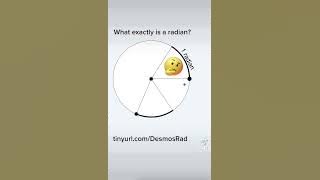Protagoras
Protagoras (/prəʊˈtæɡəˌræs/; Greek: Πρωταγόρας; c. 490 BC – c. 420 BC) was a pre-Socratic Greek philosopher and rhetorical theorist. He is numbered as one of the sophists by Plato. In his dialogue Protagoras, Plato credits him with inventing the role of the professional sophist. Protagoras also is believed to have created a major controversy during ancient times through his statement that, "Man is the measure of all things," interpreted (possibly wrongly, since he disagreed) by Plato to mean that there is no objective truth; Protagoras seems to have meant that each person's own personal history, experiences and expectations, developed over their lifetime, determine their judgments, opinions, and statements regarding "truth" (which is the title of the book in which Protagoras made this statement). When a person makes a judgment about a certain thing—good or bad or beautiful or unjust—that person will differ from other people's judgments because their experience has been different. This concept of individual relativity was intended to be provocative; naturally, it drew fire from Plato and other philosophers, contrasting with both popular opinion and other philosophical doctrine that reality and its truth must have an objective grounding. But it was part of Protagoras' point that the statement is somewhat counterintuitive. He argued that believing that others' opinions about the world are valid and must be respected, even if our own experience of truth is different, is necessary for a community to base itself and its decisions on open, democratic debate. (Wikipedia).




















